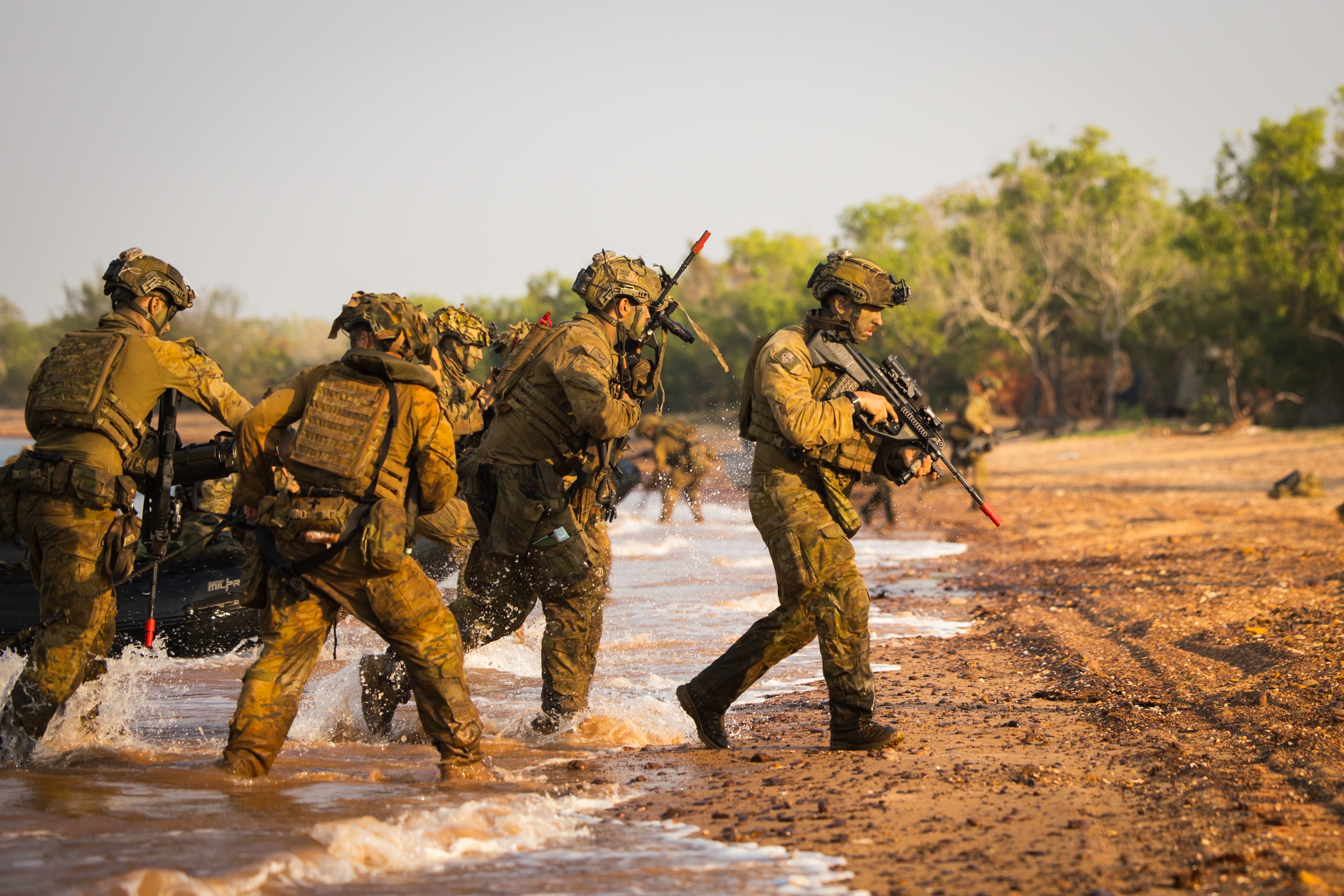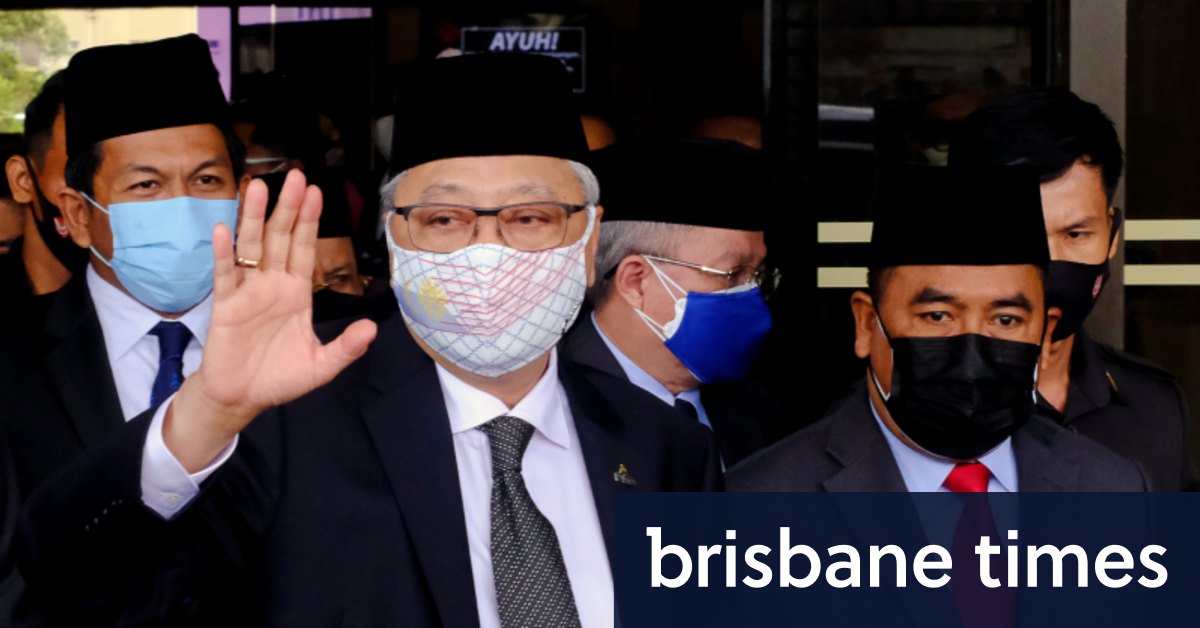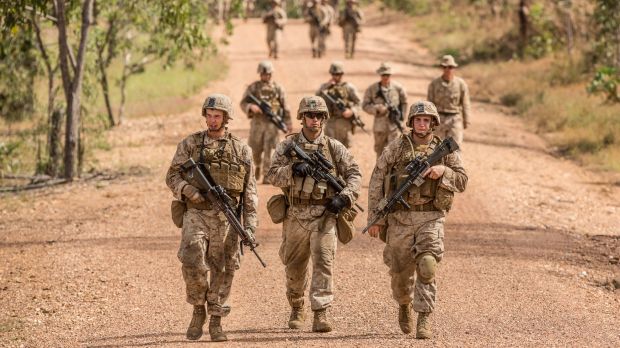US troops arrive in Top End for Marine Rotational Force Darwin

Lieutenant Colonel Brian S. Middleton, says the 1250 US Marine deployment to Darwin stands ready to fight if tensions between his country and North Korea escalate into direct conflict.
Lieut. Colonel Middleton said when US Marines were in forward deployment they were ready for battle.
Lieut. Colonel Middleton is leading the sixth and most complex US marine air-ground task force to be deployed to the Territory.
Along with the 1250 marines that make up the latest Darwin rotation of US troops, it will eventually include up to 13 aircraft, four tilt-rotor Ospreys, five Super Cobra helicopters and four Huey helicopters.
When asked about the North Korea stand-off he said: “We stand ready to fight.”
The marines are from 3rd Battalion, 4th Marine Regiment from Camp Pendleton, California. They will be based at Robertson Barracks, RAAF Base Darwin and Defence Establishment Berrimah.
Marine Rotational Force Darwin is mainly a series of joint exercises, training and exchanges between the US and the Australian Defence Force, but some exercises will also involve military personnel from China and other Asian countries.





